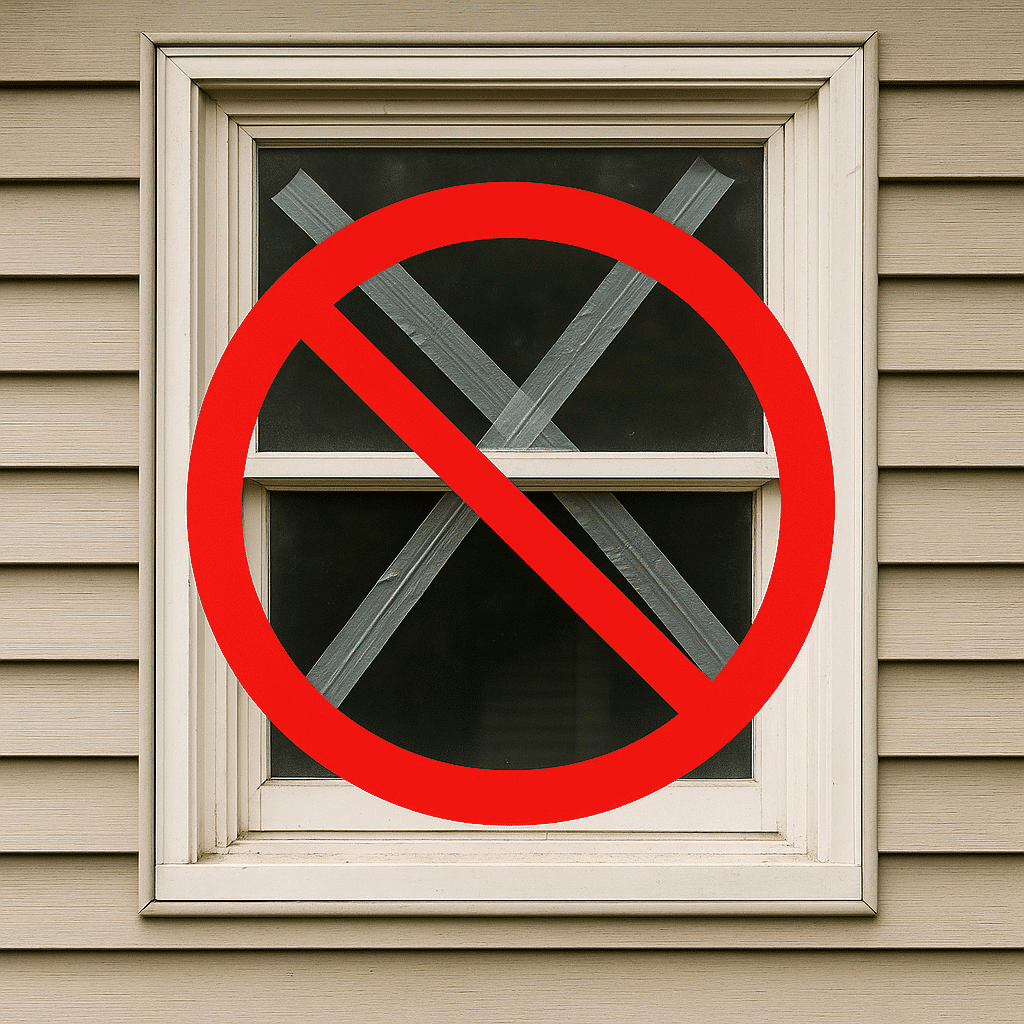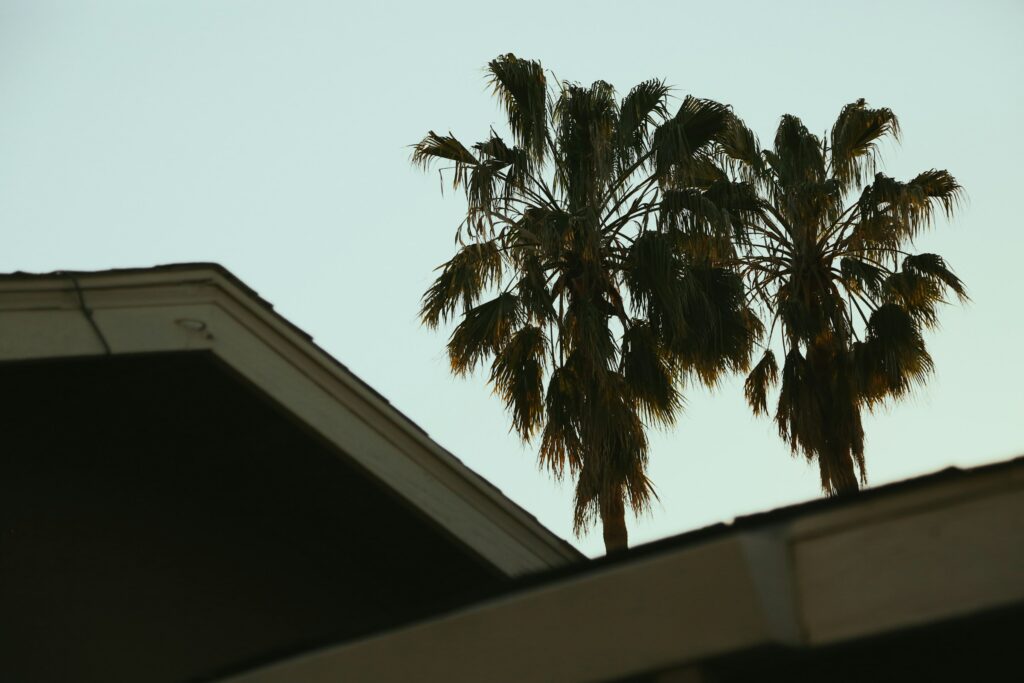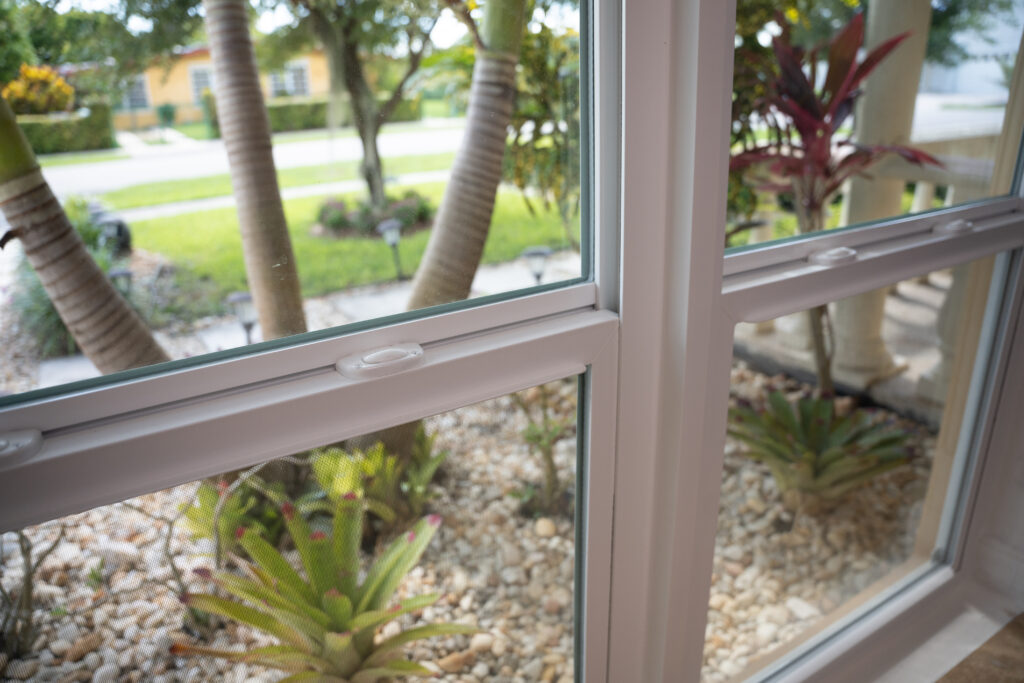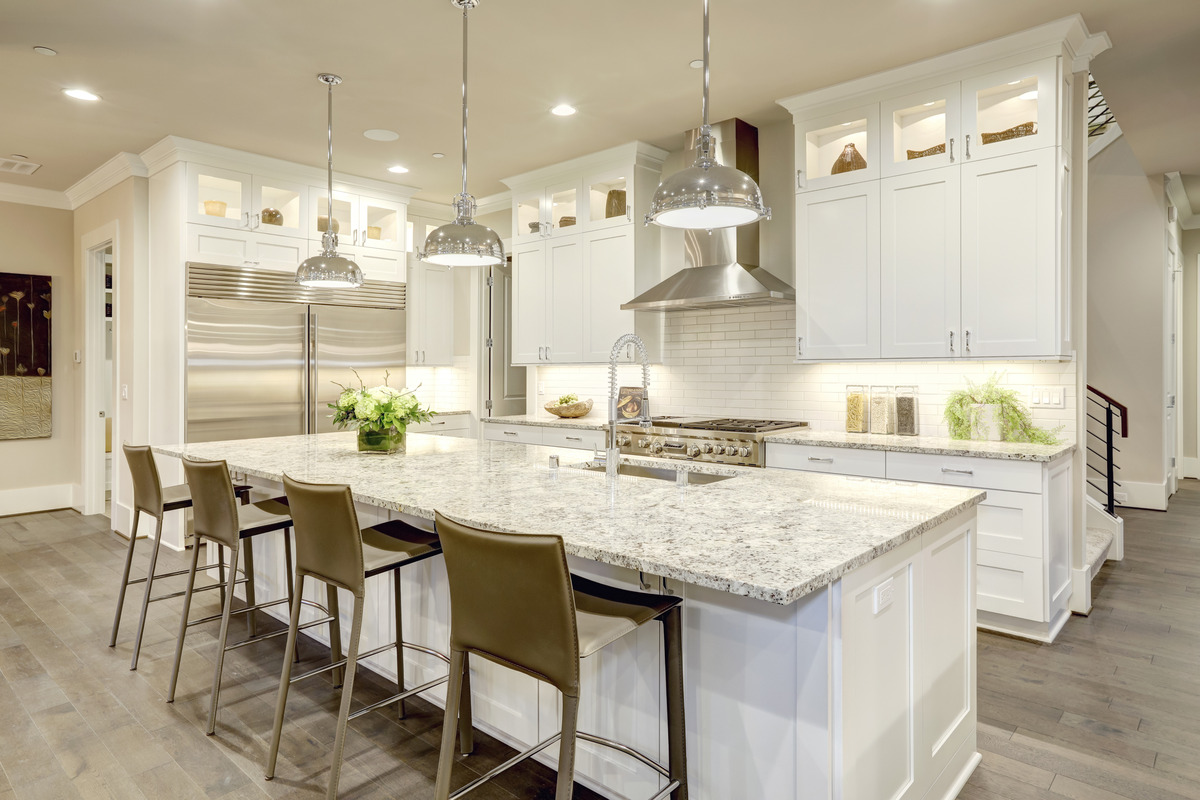
Florida Building Code: Its Impact on Window and Door Requirements
The Sunshine State surely lives up to its name, but every paradise experiences its fair share of storms. Rather than living in fear of the next disaster, it is better to proactively safeguard your home from those aptly named tropical cyclones.
You don’t have to guess about the level of protection you need. The Florida Building Code helps promote safe practices to make residential and commercial structures more resilient to extreme weather conditions. One of the most critical aspects of the code’s development is its window and door requirements, specifically promoting the need for impact-resistant windows.
Understanding Impact Windows
Impact windows, an improvement of hurricane windows, are products specially designed to withstand not only high winds but also impacts from flying debris. Their design mostly consists of two layers of shatter-resistant glass bonded to a durable PVB or SGP plastic interlayer. This solid construction allows the impact window to absorb shocks and remain intact even when struck by objects. In the unfortunate instance of breakages, the laminated glass doesn’t blow into your house.
The Florida Building Code Overview
The Florida Building Code was established in 2002 and became effective in 2005, out of the need for better safeguards after the devastating effects of Hurricane Andrew in 1992 which destroyed over 125,000 homes.
The code's primary goal is to set forth stringent building standards that prioritize the safety and structural integrity of buildings throughout the state and more so in High-Velocity Hurricane Zones. As part of these standards, the code addresses the need for impact-resistant glazing on windows, sliding glass doors, and exterior doors. With more active hurricane seasons over the years, the FBC has evolved to incorporate lessons learned from past hurricanes and natural disasters. For instance, several changes were made to the 2020 edition following the impact of Hurricane Irma in 2017.
Florida Building Code requirements are also updated every three years to ensure that they remain current with the latest advancements in building technology and materials. The newest version, known as the Florida Building Code 2023 (FBC 2023) or the 8th edition, went into effect on December 31, 2023.
Key Requirements for Windows
According to the FBC, all glazed openings (on windows and doors) in wind-borne debris regions should be impact-resistant or protected by an approved impact-resistant covering, such as hurricane shutters.
The requirement now applies to all new construction and renovations in designated wind-borne debris regions with greater exposure to high winds and nearer to the coast.
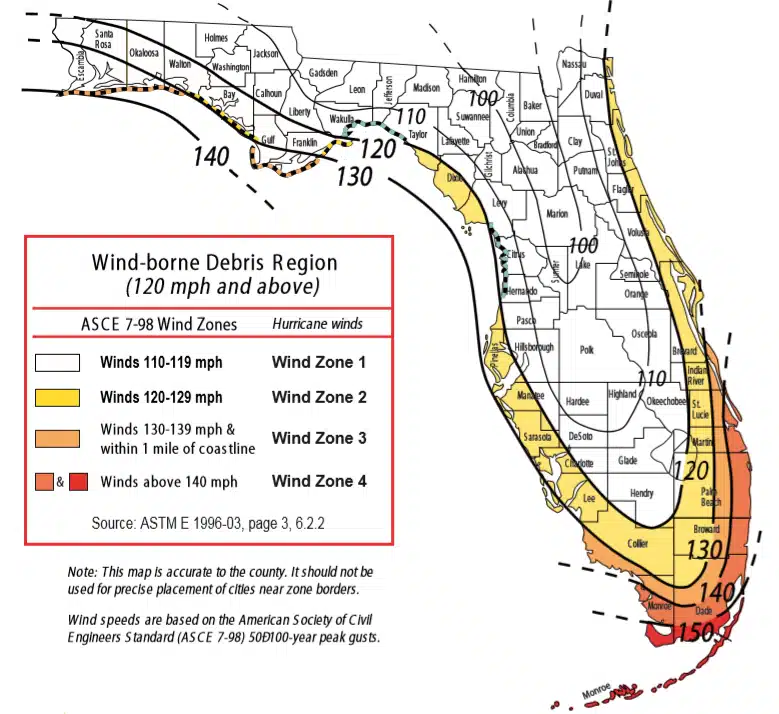
Wind-borne debris regions are hurricane-prone regions located:
Within 1 mile (1.61 km) of the coastal mean high water line where the ultimate design wind speed is 130 mph or greater (Wind Zone 3).
In areas where the ultimate design wind speed is 140 mph or greater. (Wind Zone 4).
*To clear things up, homes in Window Zone 1 and Window Zone 2 areas don’t exactly need impact windows as standard. Specific window zone maps are available for each county.
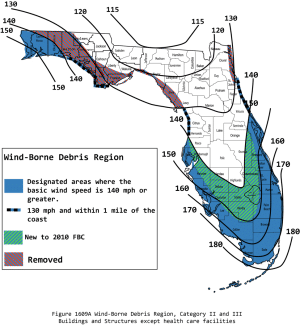
High-Velocity Hurricane Zones (HVHZ)
Are you living in a high-velocity hurricane zone? These are counties with an elevated risk of high winds and flying debris during hurricanes, including Miami-Dade and Broward counties, extending to parts of Palm Beach County and the Florida Keys.
Impact windows used in HVHZ regions have even more stringent requirements to stand up to higher pressures than other parts. They must:
- Undergo more rigorous testing, including projectile impact tests, uniform static pressure, and cyclic wind pressure loading tests.
- Receive a Notice of Acceptance (NOA) from the local building department after adhering to Miami-Dade protocols. (Note required in other areas.) Withstand higher wind speeds of 170-200 mph.
- Each product sold should have a permanent label identifying the manufacturer, product approval number, design pressures, and testing information demonstrating compliance with HVHZ protocols.
Benefits of Impact Windows
You don’t have to be living right on the waterfront to reap the benefits of impact windows. Beyond adhering to building codes designed to protect you, there are many other benefits:
- Upgraded safety: Impact glass offers protection against wind-borne debris that includes both large and small objects from everyday items like mailboxes that can turn deadly during storms.
- Energy efficiency: With a laminated plastic core and features such as low-E coatings, impact glass can regulate temperature fluctuations removing the load from your HVAC system.
- Noise reduction: Leaving close to a busy street? With 3/16 to 1/2 inch glass, you’ll significantly reduce noise infiltration, creating a more calming living environment.
- Insurance discounts: The Florida Department of Financial Services, Citizens Property Insurance Corporation, and many others offer discounts for homes with impact windows and other features that resist strong winds and projectiles
- UV ray-filtering: The construction of impact windows offers solid filtering capabilities against UV rays that can dull carpets and furnishings.
- Improved home security: While they are not indestructible, it takes more time and energy to break through them. Plus, it will cause quite a ruckus, drawing attention.
Alternatives to Impact Windows
While impact windows are the most comprehensive solution for providing all-around hurricane protection, there are alternatives available, such as hurricane shutters and storm panels.
Let’s briefly compare how impact windows fair compared to hurricane shutters, the most utilized alternative:
- Ease of use: Shutters and panels require manual installation before a storm hits, which can be time-consuming and labor-intensive.
- Added benefits: You miss out on the energy-saving, noise-reduction, and UV filtering capabilities of impact windows when you get shutters.
- Costs: Hurricane shutters can be significantly less expensive in the short term. However, impact windows boost your home’s value more in the long term.
Conclusion
Impact windows offer continuous protection in hurricane seasons that come with a lot of uncertainty. You may need them to adhere to Florida window code requirements and to access their other added benefits such as lower energy bills, a quiet space, improved security, and lower premiums.
If you’re living in a wind-borne debris region and don’t have the right level of protection, consider installing impact replacement windows or opt for other protections.
Looking for a reliable replacement partner? FHIA Remodeling offers some of the best replacement windows in Florida. We are proud of the feedback we receive from our customers.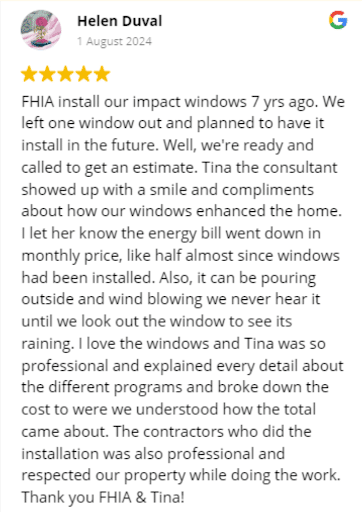
We carefully choose options that don’t break the budget but still provide the level of protection based on your wind load requirements. Our Energy Stormsaver windows are made in the USA and come with a transferable warranty. Get started with a free consultation!
70% off Installation
18 months no interest no payments



